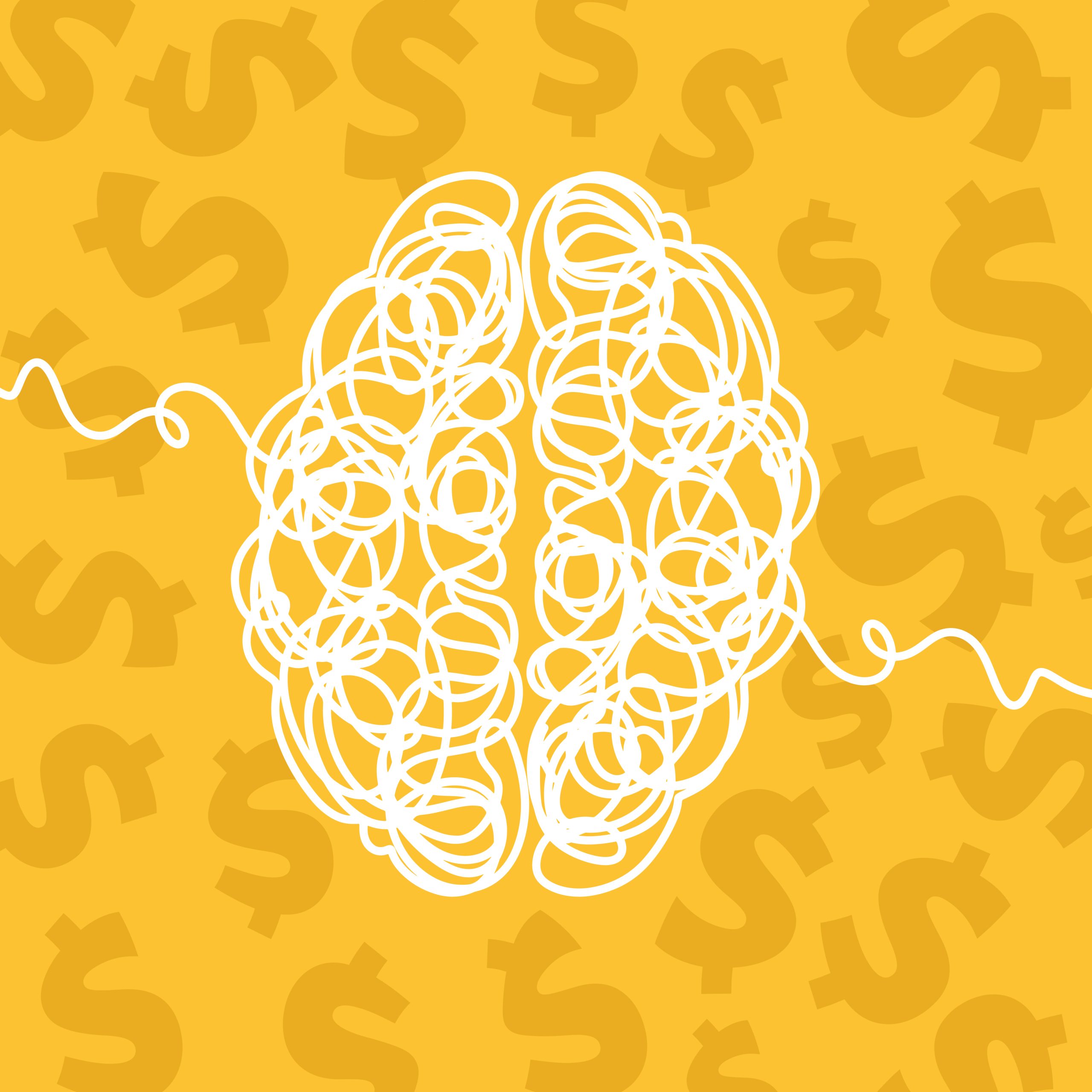The new year often brings resolutions focused on self-improvement, and in 2025, a significant portion of Americans are prioritizing their mental well-being by seeking therapy. However, navigating the complexities of health insurance to cover these services can be a daunting task, potentially hindering access to much-needed care.
The Cost Barrier: A Major Hurdle
A recent poll revealed a stark reality: over half of Americans consider the cost of mental health treatment a significant barrier. This financial strain, coupled with a scarcity of mental health professionals, creates a challenging landscape for those seeking support. It’s a concerning trend that highlights the systemic issues within the healthcare system regarding mental healthcare parity.
Why is Access So Complicated?
The reasons behind this difficulty are multifaceted. A substantial number of psychologists (around a third) opt out of accepting insurance altogether, further limiting options for individuals relying on their health plans. Even those with employer-provided insurance often find themselves forced to seek out-of-network providers, incurring higher costs and administrative burdens. This often means higher out-of-pocket costs, complex claim submissions, and uncertainty about reimbursement rates.
A Disparity in Coverage
While navigating physical healthcare coverage can be intricate, mental healthcare frequently receives less favorable treatment. As Hannah Wesolowski, chief advocacy officer at the National Alliance on Mental Illness, aptly puts it, “people with mental health conditions get the short end of the stick.” This disparity in coverage perpetuates the stigma surrounding mental health and creates an uneven playing field for those seeking help. Insurance companies may impose stricter limitations on mental health services, such as visit caps or higher copays, compared to physical health treatments. This can discourage individuals from seeking ongoing care and exacerbate existing mental health conditions.
The path to accessing affordable therapy is laden with obstacles, highlighting the need for increased awareness, policy changes, and advocacy to ensure equitable access to mental healthcare for all Americans. Without significant reforms, the goal of prioritizing mental well-being may remain unattainable for many, exacerbating the existing mental health crisis.
Based on materials: Vox





